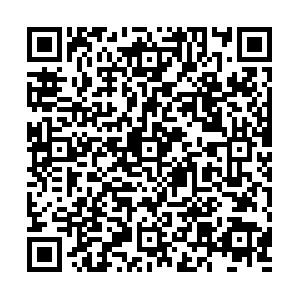摘要:
了解北京市大学生新型毒品的相关知识、态度以及尝试使用情况,为高校开展新型毒品防控教育与决策提供科学依据.方法 采用自行设计的“大学生对待新型毒品知识、态度以及滥用倾向”的问卷,对多阶段整群抽取的北京市11所大学965名大学生进行调查.结果 大学生对于新型毒品的整体认知水平不理想,只有38.2%的大学生知道新型毒品对大脑的危害,50.8%的学生认为新型毒品对身体的危害远小于海洛因等传统毒品,37.1%的学生从来没有听说过新型毒品,仅有36.6%的学生希望获得与新型毒品相关的知识.不同学校层次、不同专业、不同性别大学生新型毒品相关知识的知晓率差异均有统计意义(x2值分别为8.572,9.631,6.678,P值均<0.05).大部分学生对待新型毒品的态度是趋于正面的,不同学校层次、不同专业、不同些别大学生对待新型毒品的态度差异均无统计学意义(x2值分别为0.358,0.605,0.617,P值均>0.05).有近20%的学生不认为吸食新型毒品使人感到羞耻、自责,10.1%的学生不认同吸食新型毒品是自我毁灭.大学生新型毒品的尝试率为0.5%.结论 大学生新型毒品的知识、态度方面存在不同程度的偏差.家庭、学校以及社会应在日常生活中对学生进行相关知识及态度的正面教育与引导.
Abstract:
Objective To investigate college students' knowledge,attitude and usage of new-type drug abuse,and to provide scientific reference for related education and decisions about prevention and control of new-type drugs.Methods Multi-stage random sampling method was used to select 965 students from 11 colleges in Beijing to complete the self-developed College Students' Knowledge,Attitude and Useage of New-type Drug Abuse questionnaire.Results The college students had got a quite poor knowledge of new-type drug.Only 38.2% of the students knew the fact that new-type drug harmed the brain;50.8% of the students considered new type drug had less damage to body than traditional drug;37.1% of the students had never heard of the new-type drug.However,only 36.6% of the students preferred to receive relative information.The differences of college students from different schools,majors,and of different genders were statistically significant(x2 =8.572,9.631,6.678,P<0.05).In general,the attitudes toward the new-type drug were positive.It should be noted that around 20% of the students did not believe that using new type drug was shameful;10.1% of the students did not consider using new-type drug may lead to self-destruction.Among all students,0.5% of the students have ever been tried to use new-type drug.Conclusion Knowledge and attitude toward new-type drug abuse among Beijing college students were not satisfactory.Families,colleges,and communities should conduct the propaganda or carry out related health education.

 点击查看大图
点击查看大图





 下载:
下载: